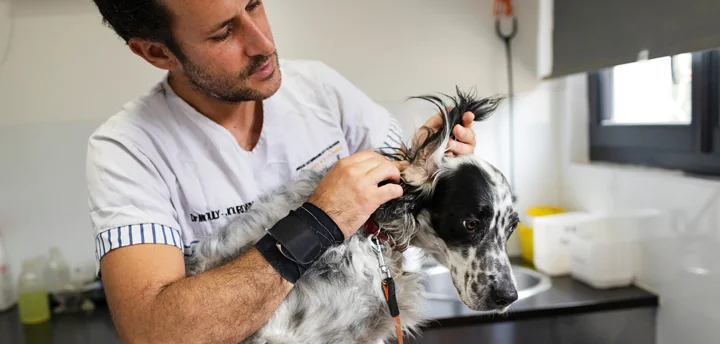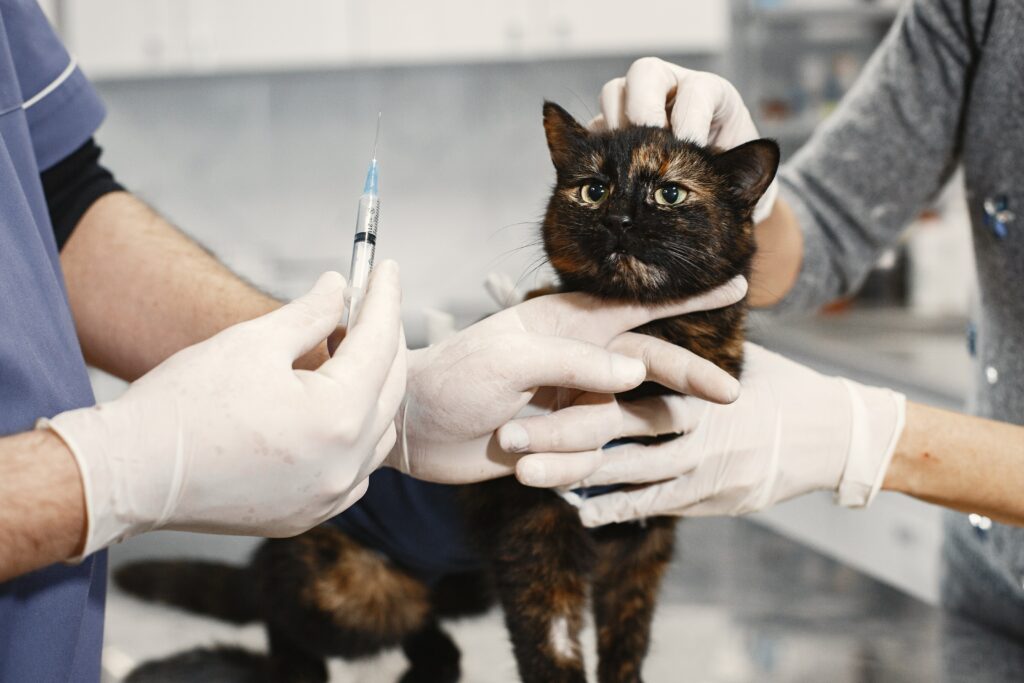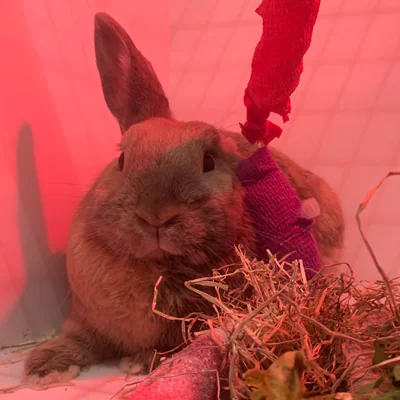The importance of regular vet checks

Prevention and early diagnostics
Regular veterinary check-ups are essential for keeping your pet happy and healthy. These visits help prevent diseases and detect any issues in their early stages. Not only does early detection lead to better outcomes for our beloved pets, but it also means less financial costs, reduced stress, and smoother treatment processes for both pets and their owners. Vaccinations, parasite prevention, routine deworming, dental checks and physical exams are important components of preventing diseases. Regular veterinary checks can also lower your animal’s stress when visiting a vet.
The frequency of regular veterinary checks depend on the age of the animal, previous medical history, breed and lifestyle.
• Puppies/kittens: 5 times by the age of six months (Core Vaccination Schedules)
• Adult dogs/cats: at least once a year or more frequent depending on the pet’s age, lifestyle, and health status
• Geriatric dogs/cats: every six months is recommended
Vaccination
For both cats and dogs vaccination is key in preventing life-threatening diseases. Vaccines are separated into core (strongly recommended), non-core (optional) and not recommended vaccines. Core vaccines are considered vaccines that all dogs throughout the world must receive, at recommended intervals.
For dogs, core vaccines typically include protection against:
• Canine distemper virus (CDV)
• Canine adenovirus (CAV; types 1 and 2)
• Canine parvovirus type 2 (CPV-2) and its variants
Core vaccines for cats include:
• Feline panleukopenia (FPV),
• Feline herpesvirus (FHV-1)
• Feline calicivirus (FCV)
Additionally, rabies vaccination is considered a core vaccine for cats and dogs in many regions and is often a necessity if you want to travel with your dog or cat. For more information consult your vet to ensure your animal buddy gets the necessary protection.

Dental Health
Dental disease is a common and concerning health issue for dogs and cats. While it might not always be top of mind, its impact can be significant if left unchecked. Yearly veterinary check-ups are important to prevent dental problems. If you observe bad breath, broken or loose teeth, abnormal chewing, or any other issues, it’s advisable to schedule a veterinary check-up sooner rather than later. See here for more info.
Routine Testing
Depending on your pet’s age and health status, the vet may recommend routine diagnostic tests such as blood work, urinalysis, or faecal testing to screen for underlying health problems. Screening tests delve into aspects of your pet’s health that aren’t easily visible during a physical exam, such as kidney function or blood cell counts, offering a more comprehensive understanding of their well-being.

Regular check-ups could save you money
Annual check-ups and preventive care are essential for keeping pets healthy, but also could save you money. Routine examinations can identify concerns before they worsen, potentially sparing you from expensive treatments down the line. More information here.
Less stressful vet visit
Most pets feel anxious during vet visits, and some may even show aggression due to fear. Using treats before and during check-ups can create a positive association with the experience. “Happy visits” at the clinic can put your pet at ease, making vet trips a more positive experience. Don’t hesitate to consult with your vet for more tips on easing your pet’s stress during visits and check out these useful tips.
Afterall, regular vet check-ups are essential for your pet’s health, detecting issues early, save you money in the long run and allow you to spend longer quality time with your companion. So why wait, book your next check-up now!


